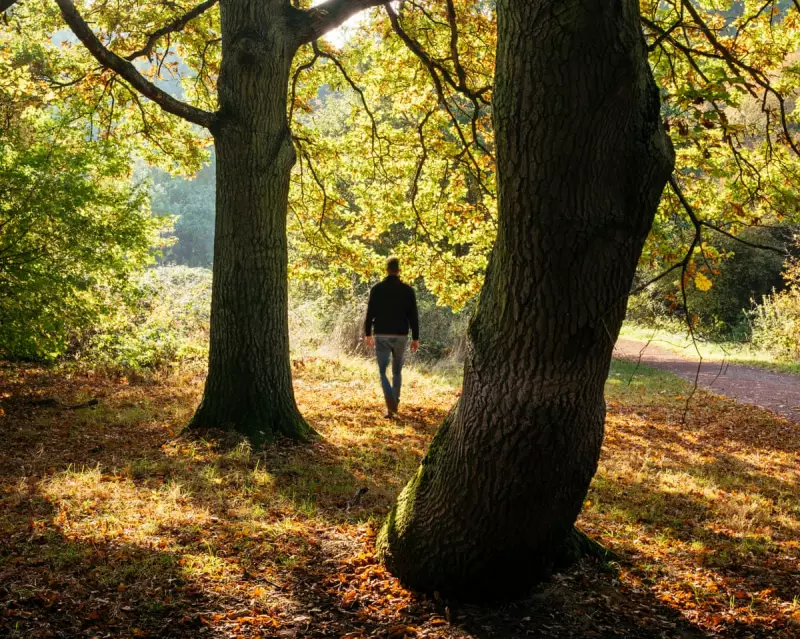
Britain has been revealed as one of the world's least nature-connected nations, according to groundbreaking research that exposes the profound disconnect between modern Britons and the natural world.
The Global Nature Connection Gap
A comprehensive international study measuring people's relationship with their natural environment has placed the United Kingdom near the bottom of the global rankings. The research, which assessed emotional attachment to nature and frequency of engagement with natural spaces, paints a concerning picture of Britain's environmental alienation.
At the opposite end of the spectrum, Nepal emerged as the world's most nature-connected nation, with its citizens demonstrating deep, meaningful relationships with their natural surroundings that starkly contrast with the UK's performance.
Why Britain Lags Behind
Experts point to several key factors contributing to Britain's poor showing:
- Urbanisation intensity: High population density and extensive urban development limit daily exposure to natural spaces
- Modern lifestyle pressures: Demanding work schedules and digital distractions reduce time spent outdoors
- Historical land use: Centuries of agricultural and industrial development have altered natural landscapes
- Cultural shifts: Changing attitudes toward outdoor activities and nature engagement
The Mental Health Implications
The findings raise significant concerns about public wellbeing, given the established connection between nature exposure and mental health. Studies consistently show that regular contact with natural environments reduces stress, improves mood, and enhances cognitive function.
"This isn't just about conservation—it's about human wellbeing," explains one environmental psychologist. "When we lose our connection to nature, we lose an essential component of what makes us healthy, happy humans."
A Wake-Up Call for Environmental Policy
The research serves as a stark warning for policymakers and urban planners. With Britain's nature connection ranking among the world's weakest, there are urgent implications for:
- Urban planning: Integrating green spaces into city development
- Education: Reconnecting younger generations with nature
- Public health: Recognising nature access as a health priority
- Conservation efforts: Building public support for environmental protection
The study underscores the critical need for initiatives that bridge the growing gap between Britons and their natural environment, suggesting that the nation's environmental future depends not just on protecting spaces, but on rebuilding relationships.





